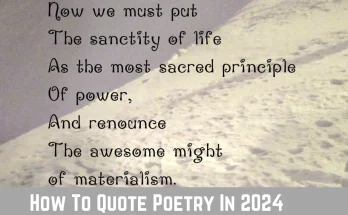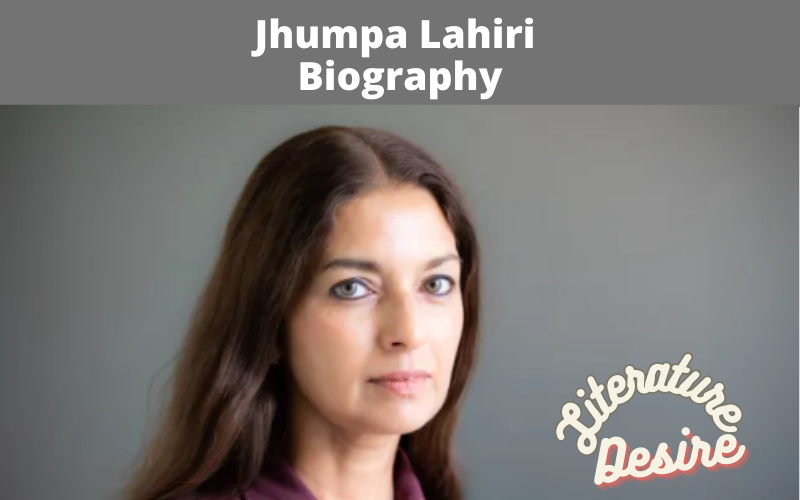Taufiq Rafat and Modern Writers comparison shows that Rafat, a Pakistani Romantic poet, explores the theme of identity in his works, delving into personal and cultural dimensions.
His poems often reflect on the complexities of being caught between multiple identities, grappling with the tensions between tradition and modernity, and the challenges of navigating cultural shifts.
Similarly, modern writers often delve into the exploration of identity, tackling themes of multiculturalism, diaspora, and the fluidity of personal and social identities in a rapidly changing world.
Comparison between Taufiq Rafat and Modern Writers
Engagement with Social and Political Realities:
Both Taufiq Rafat and modern writers engage with social and political realities in their works. Rafat, in his poetry, addresses issues such as colonialism, cultural imperialism, and socio-political inequalities. He uses his verses to shed light on the struggles and aspirations of marginalized communities.
Modern writers, too, tackle a wide range of social and political issues, including racism, gender inequality, human rights, and environmental concerns. They use literature as a medium to challenge prevailing power structures and advocate for change.
Experimentation with Language and Form:
Taufiq Rafat is known for his experimentation with language and form, blending traditional poetic techniques with innovative approaches. He skillfully employs imagery, metaphor, and symbolism to convey his ideas and emotions.
Similarly, modern writers often push the boundaries of language and form, experimenting with fragmented narratives, unconventional syntax, and hybrid forms. They challenge traditional literary norms, seeking to create new ways of expressing their thoughts and experiences.
Engagement with Global and Cultural Perspectives:
Both Taufiq Rafat and modern writers exhibit a global and cross-cultural perspective in their works. Rafat, influenced by his experiences as a Pakistani writer living in England, explores themes of cultural displacement, diaspora, and the clash of Eastern and Western cultures.
Modern writers, too, draw from diverse cultural backgrounds and engage with global perspectives. They explore the complexities of globalization, cultural exchange, and the interconnections between different societies and individuals.
Concern for Environmental Issues:
Taufiq Rafat’s poetry often displays a concern for the environment, highlighting the beauty of nature and the need for its preservation. He reflects on the impact of human activities on the natural world.
Similarly, modern writers frequently address environmental issues, emphasizing the urgent need for ecological sustainability, climate justice, and the consequences of human actions on the planet. They use their literary platforms to raise awareness and inspire collective action to address environmental challenges.
Reflection on Technology and the Digital Age:
While Taufiq Rafat’s works may not extensively reflect on technology and the digital age, many modern writers grapple with the implications of technology in contemporary society.
They explore themes such as the influence of social media, the erosion of privacy, the impact of artificial intelligence, and the challenges of human connection in an increasingly digitized world.
They critically examine the effects of technology on individual lives, social dynamics, and the human experience.
Conclusion:
Taufiq Rafat’s writings share commonalities with modern writers in their exploration of identity, engagement with social and political realities, experimentation with language and form, engagement with global and cultural perspectives, concern for environmental issues, and reflection on technology and the digital age.
Both Rafat and modern writers use literature as a means to navigate the complexities of contemporary existence, challenge prevailing narratives, and offer fresh insights into the human condition.



